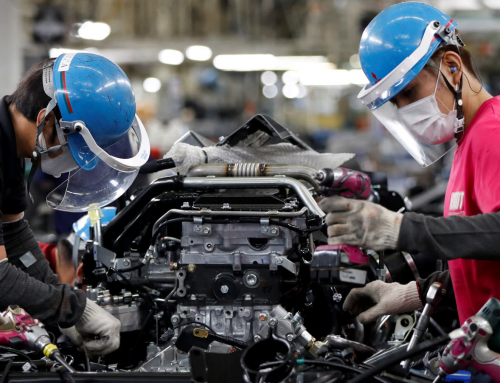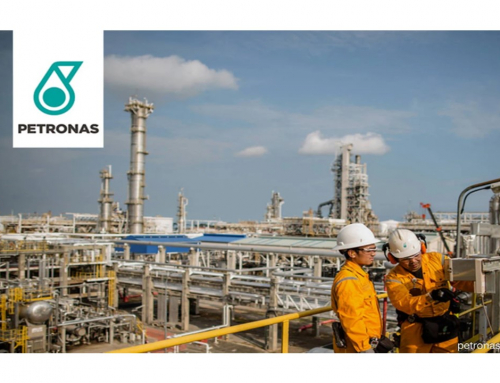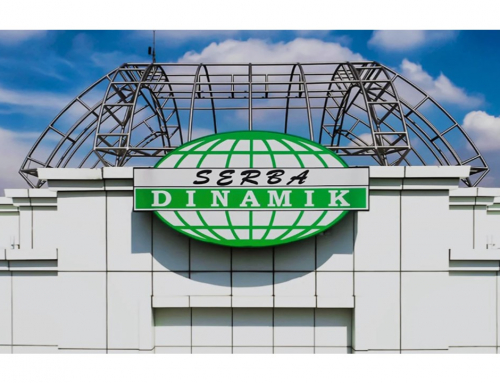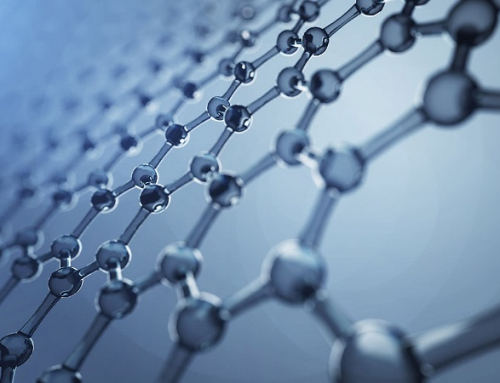-
Green management: An aerial view of the Cypark Suria Pajam Renewable Energy Park in Negri Sembilan.
THE Green Technology Financing Scheme (GTFS), spearheaded by the Energy, Green Technology and Water Ministry has been extended until December 2017.
Since the scheme was launched in 2010, GTFS has provided funding to 206 projects to undertake green ventures in the energy, water and waste management, building and transport sectors to drive sustainable development and the nation’s growth.
There are two categories available under GTFS – one for producers and the other for users of green technologies.
Currently, it has RM1.1bil available to interested parties, with loan offers of up to RM50mil for producers and RM10mil for users of green technologies.
To date, over RM2.4bil worth of loans have been approved by financial institutions under the GTFS, successfully helping businesses progress in projects of biogas, biomass power, hydropower, solar farms and solar-BIPV systems, as well as composting dry fibre product, energy efficiency and waste recycling, among others.
GTFS has been identified as a tool to accelerate expansion of the green technology industry in Malaysia which provides easier access to financing which will enhance domestic direct investments and increase the production of local green technology products.
At the same time, it also supports the expansion of local green SMEs and SMIs into the global market.
Meeting criteria
Through these GTFS-funded projects, a total of 3,084 green jobs have been created whilst 2.68 million tonnes in carbon dioxide emissions have been alleviated.
With the contribution of over 26 participating financial institutions as well as through Islamic financing, the projects have a combined value of RM4.5bil.
-
Solar panels can be fitted on the roofs of residential houses.
Funding is given out to projects that comply with the requirements of financial institutions and meet with the green technology criteria.
The criteria included minimising degradation of environment, zero or low greenhouse gas emission, safe for use and improves the environment for all life forms, conserves energy and use of natural resources as well as promotes the use of renewable resources.
Producers have to be a registered Malaysian-owned company with at least 51% Malaysian shareholders and financing is available for up to a maximum of RM50mil, with the tenure going up to 15 years.
For users, the company must be a registered Malaysian-owned firm with at least 70% Malaysian shareholders, and financing will be available for up to a maximum of RM10mil with tenure of up to 10 years.
GTFS offers a rebate of 2% per annum on interest or profit rates charged by financing institutions and a government guarantee of up to 60% on the financed amount.
Notable projects
Some of the projects that have progressed upon receiving support from GTFS include the 8MW Solar Farm project by Cypark Suria (Pajam) Sdn Bhd.
This project reduces greenhouse gas emissions by utilising renewable energy source via the common grid-connected solar farm.
The RM110mil project received a maximum loan of RM50mil from GTFS and is able to power approximately 10,000 basic homes.
Having received accolades from the Malaysia Book of Records as the Largest Grid-Connected Solar Park and Most Number of Solar Panels on a Grid-Connected Solar Park, the solar farm now also serves as a place for students to conduct research for the nation’s energy future.
-
Victory Recovery uses green technology at its plant to destruct toxic waste sludge from the water treatment plant without direct heating or burning of material, resulting in no emission of dioxin and furan into the atmosphere.
In the waste sector, Victory Recovery Sdn Bhd’s project on recycling electrical and electronic waste by using a carbonator to treat metal hydroxide received RM2mil in loan support.
The RM2.5mil project in Malacca was created to reduce pollutants such as carbon dioxide, carbon, nitrogen oxide, dioxin and furan from being released into the atmosphere.
At present, metal hydroxide is being disposed through landfills, which causes leachate from toxic materials to leak out, or incineration, which emits toxic gas through burning.
By using the carbonator technology, such methods can be minimised or prevented.
Apart from environmental benefits, the cost of this technology is only 25% of conventional recovery methods, and the residue in the end can be further melted into ingots, thereby reducing consumption of fossil fuel and electricity.
Based on the project size which has a processing capacity of 8metric tonne (MT) per day, it can reduce about 13,817tC02 (tonne carbon dioxide) per year.
Amanjaya Specialist Centre Sdn Bhd has also made strides with its three-storey green building.
-
The inverter rack at the solar PV plant in Pajam.
The first green hospital in the country, the 100-bed medical centre in Kedah received RM8.8mil funding for its RM42mil project, which focuses on being energy efficient.
It features improved indoor environment quality, minimal environment impact by having sustainable site planning and management such as using environmental building materials and ecological construction means.
Water efficient fittings, rainwater harvesting and water recycling for landscaping use are also applied.
Amdac (M) Sdn Bhd’s supply of e-Buses to replace Rapid Malaysia’s fleet of 2,000 diesel-powered buses is perhaps one of the most prominent green efforts in the transport sector.
The RM28.75mil project supports the production of e-Bus to meet the government’s plans to replace diesel-powered buses by 2020.
With RM5mil support from GTFS, the company’s project is ongoing, currently having facilitated 15 units of electric buses for the Bus Rapid Transit (BRT) Sunway Line.









